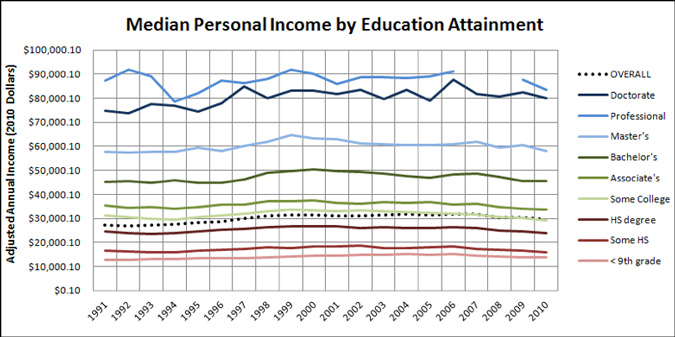
 Emotionally and psychologically, handling the loss of a significant relationship is one of life’s most difficult tasks. But it’s the additional stress of handling legal and financial affairs that can feel like enough to put you over the edge.
Emotionally and psychologically, handling the loss of a significant relationship is one of life’s most difficult tasks. But it’s the additional stress of handling legal and financial affairs that can feel like enough to put you over the edge.
There are a handful of items that need to be handled immediately. Most decisions can, and should, be left for a later date when grief has been handled and clearer heads can prevail.
Here are the top 5 things you can’t put off:
- Look for instructions that the deceased may have left regarding preferences for funeral and burial arrangements. This may be part of a larger document called a Personal Financial Record Keeping System and Letter of Last Instruction, a document that provides important information about professional advisors, documents and accounts.
- Locate important legal documents, including the will and trust, if one exists. This will give guidance regarding who has been named to handle the financial affairs of your loved one and how funds can be accessed to pay for funeral and other costs. Other important documents may include prepaid funeral plans, safety deposit box information, and marriage, birth and other identification like driver’s licenses.
- Contact the Deceased’s financial advisor. The financial advisor will likely have copies of any/all legal documents, as well as a complete list of all financial assets and insurances. The financial advisor will be instrumental in helping to settle the estate and will be invaluable in helping to make important financial decisions later.
- Get Multiple Copies of the Certified Death Certificate. These documents will be important in settling all of the financial affairs of your loved one, and can be more difficult to obtain later.
- Notify Income Providers. This includes Social Security, employers paying pensions, etc. Stopping income payments immediately prevents the need to repay them later.
It is most important to deal with your grief and to give yourself and your family time to honor your loved one. Many of the rest of the financial decisions and affairs can be handled when the time is right.
Contact your financial advisor for additional guidance.
Any opinions are those of Center for Financial Planning, Inc., and not necessarily those of RJFS or Raymond James.
















